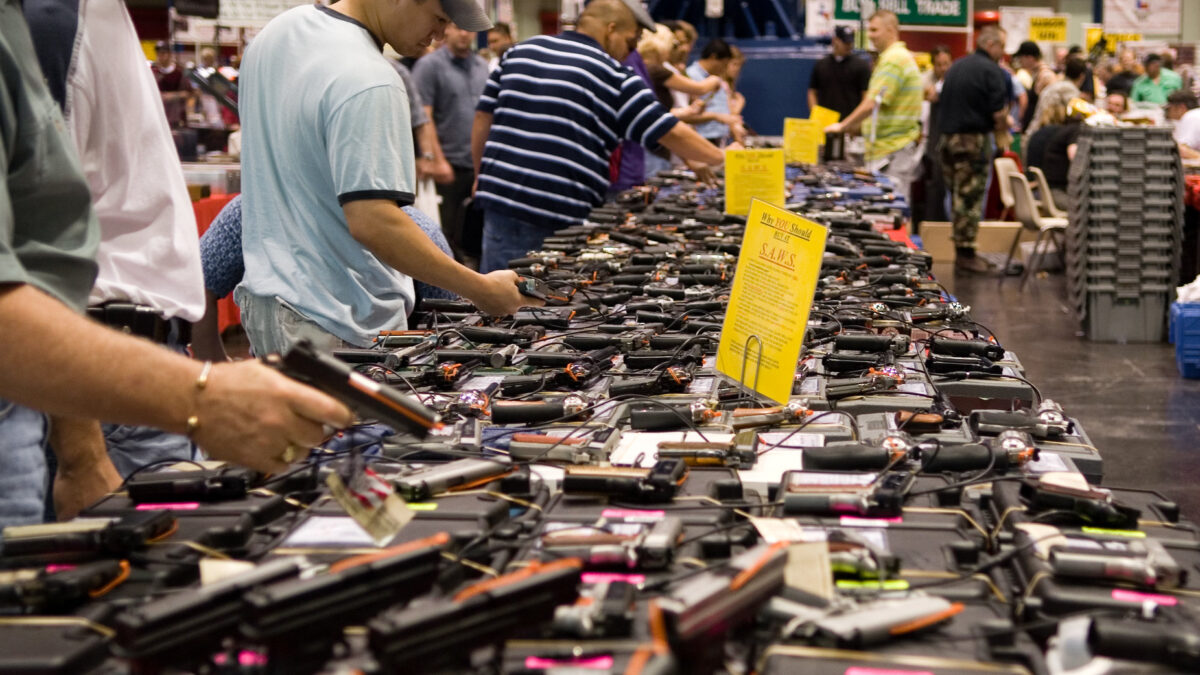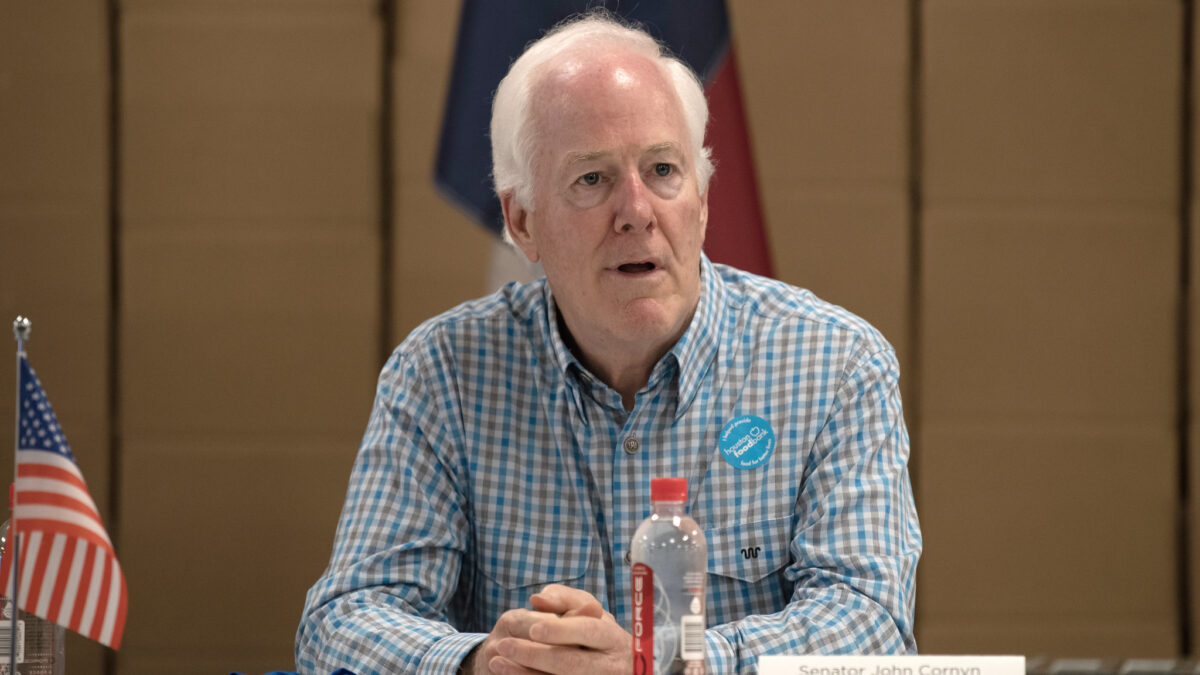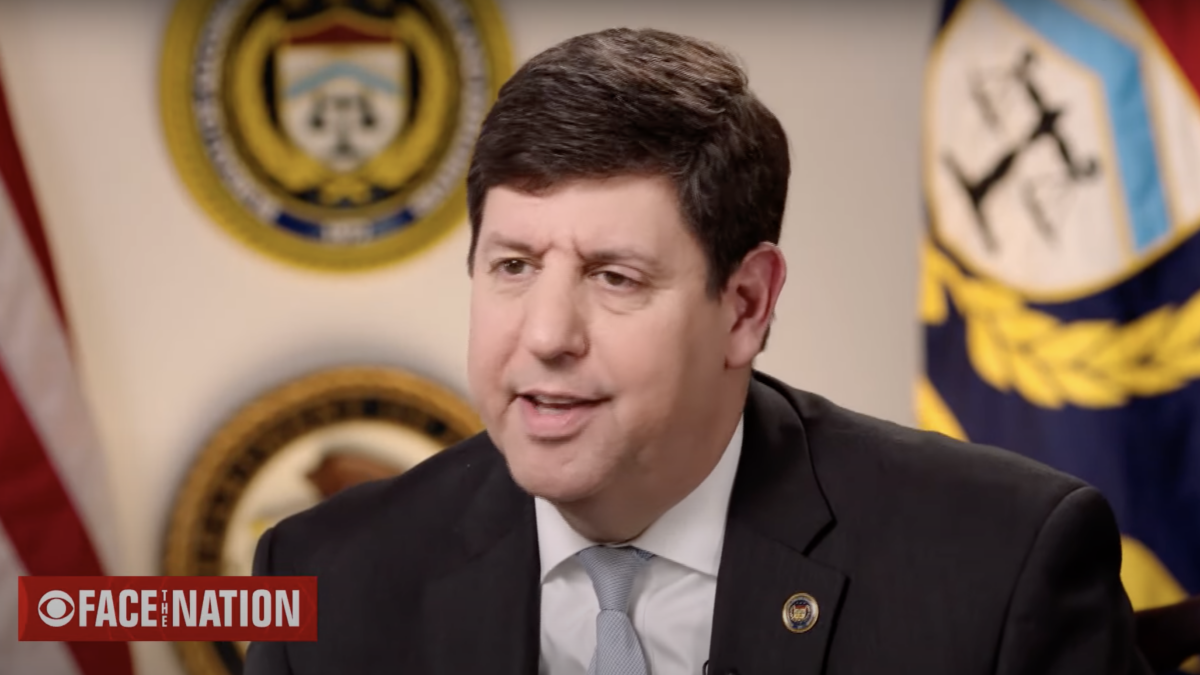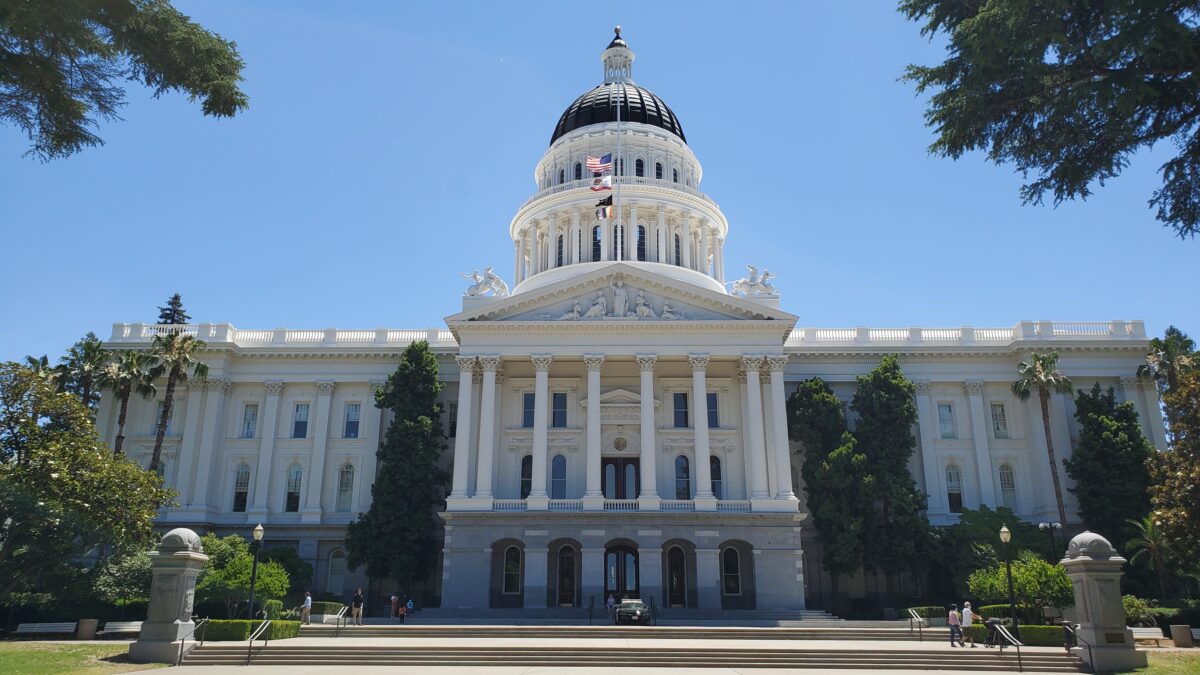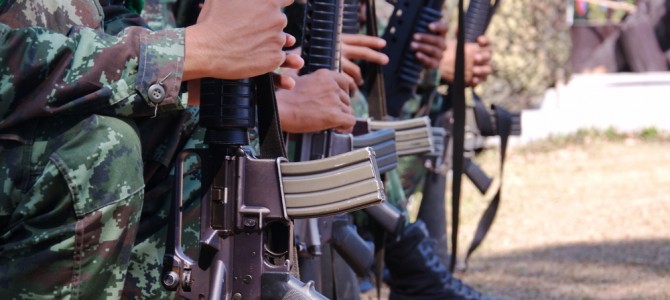
Last week, Rolling Stone published an article by David S. Cohen, a law professor who thinks the Second Amendment should be repealed. “The Second Amendment needs to be repealed because it is outdated, a threat to liberty and a suicide pact,” writes Cohen. “When the Second Amendment was adopted in 1791, there were no weapons remotely like the AR-15 assault rifle and many of the advances of modern weaponry were long from being invented or popularized.”
In the wake of the Orlando massacre, Cohen reasons, “now is the time to acknowledge a profound but obvious truth—the Second Amendment is wrong for this country and needs to be jettisoned.”
This isn’t the first time liberals have mused out loud about whether the Second Amendment is really necessary, or whether it really means individuals have a right to own guns. But tragedies like Orlando seem to revive all the old arguments. Not that commentators are very knowledgeable about the weapons they’d like to ban. An AR-15, for example, can’t fire 700 rounds per minute, nor can any guy who’s taken a shop class modify a semi-automatic rifle into a fully automatic in five minutes, as Michael Moore seems to think.
But even if an AR-15 only fires once every time you squeeze the trigger, even if it can’t be easily converted into an automatic, just taking the rifle for what it is, liberals want to know: who needs a gun like that? How many rounds do you need to be able to fire per minute to kill a deer, or ward off a burglar? Does anyone really need a 25-round magazine? Isn’t the only reason for such firepower to make killing people as efficient as possible? Isn’t this a weapon of war? Why would American civilians need to own weapons of war?
The Second Amendment Guarantees the Right of Revolution
Turns out, that’s precisely the right question to ask. The Second Amendment, after all, doesn’t recognize our right to hunt deer or protect ourselves from criminals. Owning guns certainly makes doing those things easier, but it’s not why the Founders bothered to codify gun rights. They were getting at something else—the right of revolution.
Simply put, the purpose of the Second Amendment is to give the people the means to overthrow the government in the event it becomes tyrannical.
Most gun control advocates scoff at this. Indeed, it’s an argument that even some conservatives are hesitant to make. How could the people, armed with rifles and pistols, overthrow the government? On its face, it seems absurd.
More on that in a minute. But first, consider that the Second Amendment is unique among the amendments enumerated in the Bill of Rights because it contains a kind of explanatory preamble: “A well regulated Militia, being necessary to the security of a free State, the right of the people to keep and bear Arms, shall not be infringed.”
Edward J. Erler, a political science professor at California State University, San Bernardino, and an expert on the Second Amendment, has argued that the right of revolution is asserted in the Declaration of Independence, which states that governments derive their “just powers from the consent of the governed”—not every power, only “just powers,” which the people delegate to a government that is by definition limited to the purposes for which it was established, “the Safety and Happiness” of the people. Furthermore, the Declaration states that “whenever any Form of Government becomes destructive of these ends, it is the Right of the People to alter or to abolish it, and to institute new Government.” Erler says this is what has come to be known as the right of revolution,
an essential ingredient of the social compact and a right which is always reserved to the people. The people can never cede or delegate this ultimate expression of sovereign power. Thus, in a very important sense, the right of revolution (or even its threat) is the right that guarantees every other right. And if the people have this right as an indefeasible aspect of their sovereignty, then, by necessity, the people also have a right to the means to revolution. Only an armed people are a sovereign people, and only an armed people are a free people—the people are indeed a militia.
In recent years an argument has become popular on the American Left that the Second Amendment means only that a “well regulated militia” has the right to bear arms, not individuals. The idea is that, say, the State of Texas can form a militia and arm it accordingly, but individual Texans have no inherent right to the private ownership of firearms.
In 2008, the U.S. Supreme Court repudiated this idea in the case of District of Columbia v. Heller. The late Justice Antonin Scalia wrote the opinion for the majority and quoted Blackstone’s Commentaries on the Laws of England, which recognizes “the natural right of resistance and self-preservation.” Scalia insisted that the Second Amendment acknowledges rights that predate the Constitution, such as the right of revolution.
But Erler argues that Scalia “was wrong to imply that Second Amendment rights were codified from the common law—they were, in fact, ‘natural rights,’ deriving their status from the ‘Laws of Nature and of Nature’s God.’… Like the right to revolution, the right to self-defense or self-preservation can never be ceded to government.”
In Case of Civil War, Americans Need to be Armed
So what does this mean in practice? Are we to conclude that the Founders imagined a day when civilians armed with AR-15s and Glocks might one day march on Washington DC if the government ever became tyrannical? If the Second Amendment guarantees our right to the means of revolution, does that mean civilians should also be allowed to own tanks and artillery?
Not quite. The Founders thought standing armies were a threat to liberty, which means they surely would have thought that standing private armies constituted the same threat. Self-preservation and self-defense might be natural right, but even in Heller the Supreme Court indicated that there could be reasonable limitations on gun ownership.
To answer the scoffers on the Left, though, imagine what an American revolution—the exercise of first principles—might look like in the twenty-first century. The government, or a branch of it (most likely the executive) becomes destructive to the ends for which it was established. It tyrannizes the people, takes their property, deprives them of their rights, destroys their lives. A revolution, or an abolishment of that government, would likely not be a civilian undertaking but a military one. Working in conjunction with other branches of the federal government and perhaps some state governments, the military would effect a coup d’état.
It would likely be a kind of civil war, and civilians would likely be caught up in it at some point. Perhaps they would form local militias to defend their homes and businesses. Perhaps they would volunteer their services to military commanders or state police forces. Perhaps they would simply want to ensure the safety of their families.
To do any of that, they would need to be armed. Just as the Founders envisioned.


